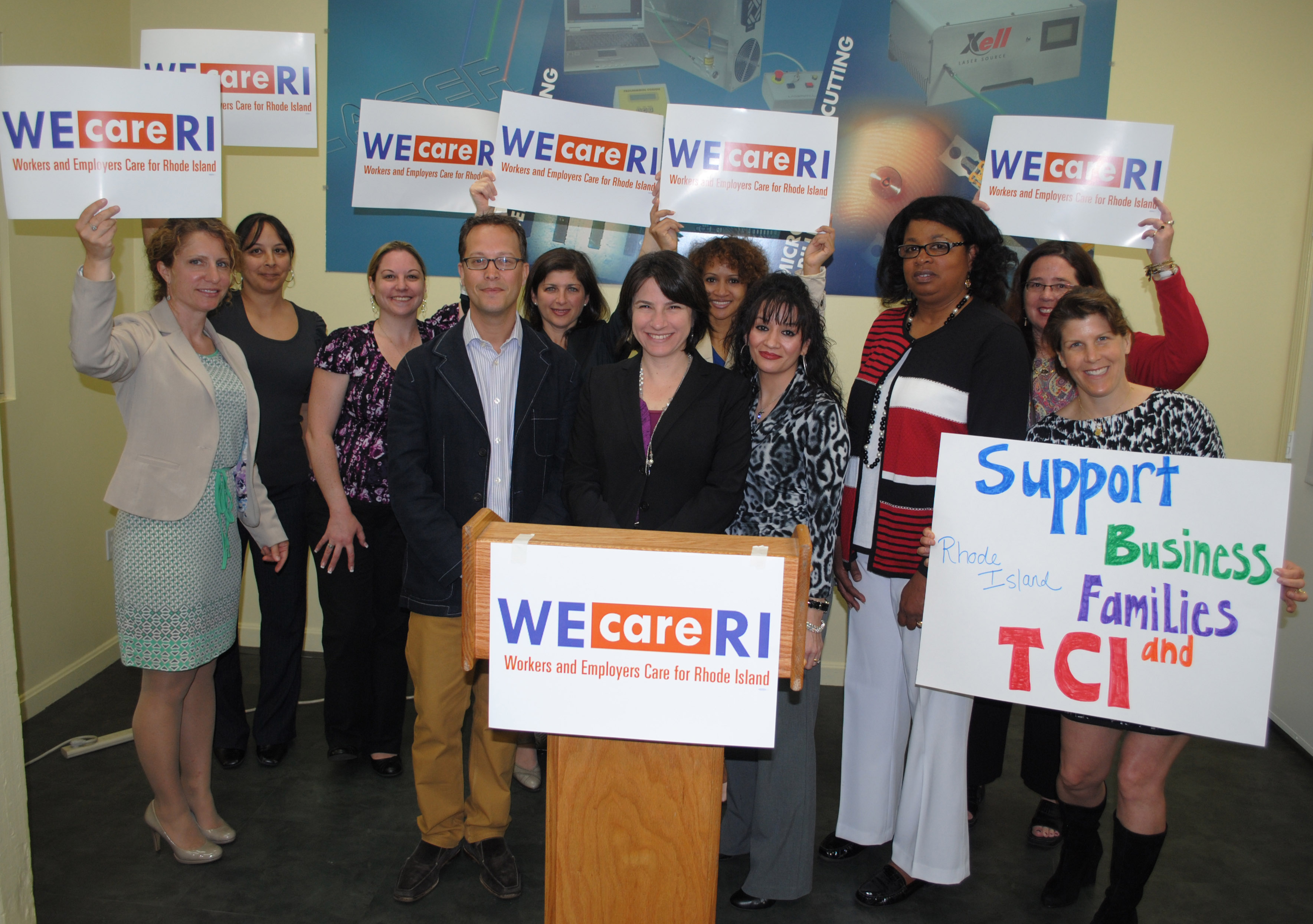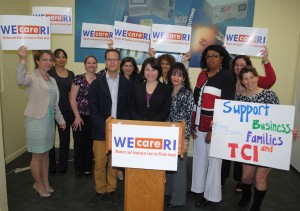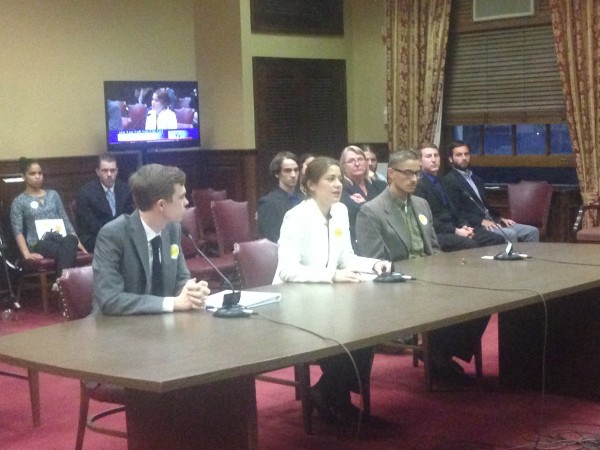
A Senate Judiciary Committee hearing on Tuesday showed overwhelming support for legislation that would legalize marijuana in Rhode Island after its economic successes in both Colorado and Washington.
Jordan Wellington, a lawyer with Vicente Sederberg LLC in Colorado, came to speak in support of the legislation, S 510. Wellington has worked closely with Colorado’s state government to implement the retail and regulation of marijuana, and now works in their Department of Revenue’s Marijuana Enforcement Division as the single policy analyst.
“Instead of should or shouldn’t we, we discussed how to move forward with this responsibly,” he said.
Wellington said Colorado gained more than 20,000 jobs and saw $900 million in sales that brought in $125 million in tax revenue. The cost of enforcement, he said, was less than $10 million.
Money from the extra revenue was invested in educational programs about cannabis to teach youth about its effects and consequences.
“We have found that some of the messaging to youth has been very effective,” Wellington said. “A very cautious message has been given to Colorado’s youth.”
According to Wellington, Colorado has not been without its challenges by taking this step forward. Regulation and education has been key in making the policy work. “One of the biggest things we did was we put a lot of different restrictions on potency in edibles,” he said.
The question of youth cannabis use was touched upon several times throughout the hearing. Andrew Horwitz, an assistant dean at Roger Williams Law School, who also testified in support of 510, said the prohibition approach aken towards marijuana is completely ineffective, and disingenuous to children.
“We are fundamentally dishonest in the way we talk to our children about marijuana,” Horwitz said. “We talk to them like it’s crack, like its heroin. They know now to believe us, that marijuana does what we claim.”
Horwitz also stated that reforming juvenile use starts from the top, with how the state looks at marijuana as a whole. “We are doing terrible damage by the use of our criminal justice system to deal with a public health issue,” he said.
One of these damages includes a racial disparity in the number of African Americans who are arrested for marijuana related crimes, due to police saturation in communities of color, as well as racial profiling.
“We’re doing a number of things wrong,” he said. “We’re arresting people for distributing marijuana. If you legalize the distribution of marijuana, you eliminate the whole line item of law enforcement.”
Jared Moffat, director of Regulate Rhode Island, also came in support of 510, with an entire binder of studies regarding the legalization in Colorado. The most accurate study of youth use, called Healthy Kids Colorado, looked at 40,000 middle and high school children, and is re-done every two years.
“The best available data on youth marijuana in Colorado shows that the use has remained flat,” he said, especially when in comparison to alcohol and tobacco, which has continually fallen in recent years. Moffat, like Horwitz and Wellington, pointed to education as the key to reducing youth cannabis use. Looking at the context of use is important as well.
“If we are acknowledging that marijuana is available in our schools, we need to acknowledge that is readily available from drug dealers,” Moffat said.
Moffat said many of the studies that opponents brought up against the legalization of marijuana have cherry picked their data in order to make it look like youth use has risen. One such study compared the city of Denver to the United States as a whole.
“If you take any metropolitan area, you’re going to find higher use,” he said.
Youth use was definitely the biggest worry of both legislators and the few opponents who did come out to speak against the bill, such as Debbie Paragini, who came as a Rhode Island parent.
“I feel really upset living in a state that is thinking about legalizing yet another recreational drug. For an economic basis? I don’t understand that,” she said. “As a parent, I think this is a really bad idea.”

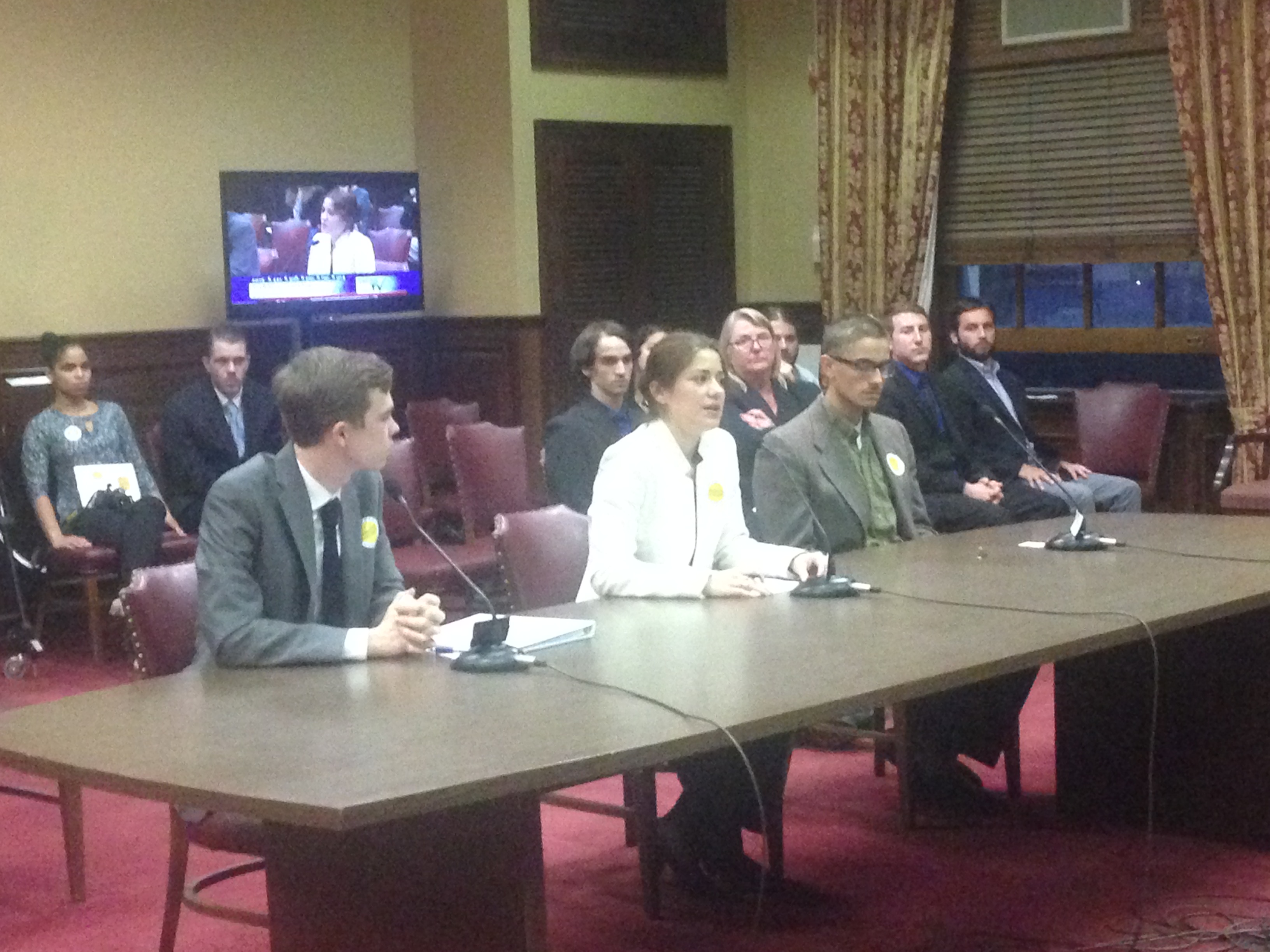
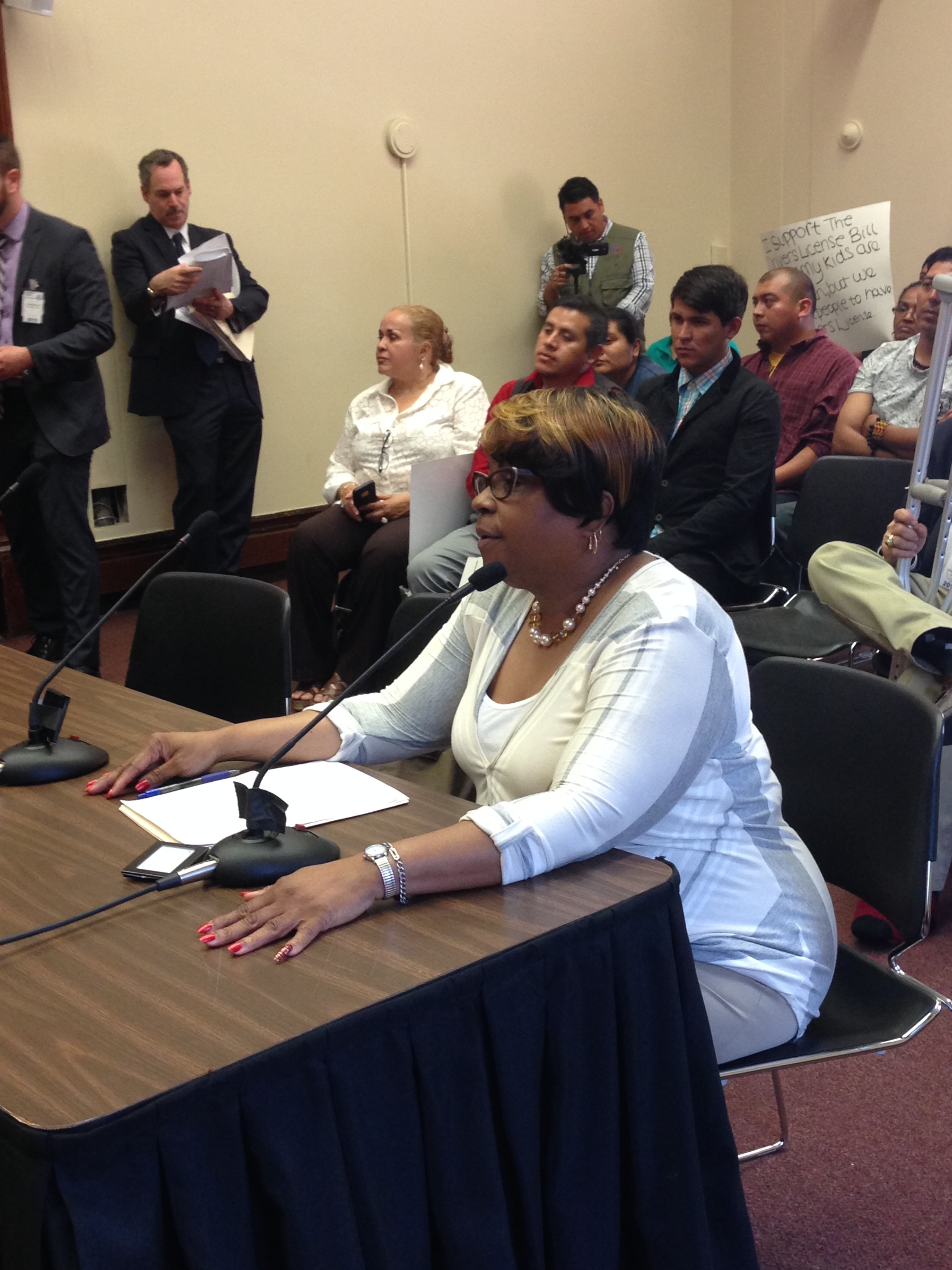
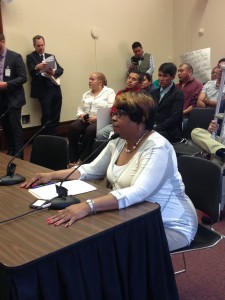
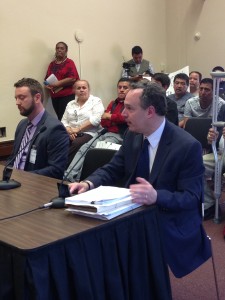


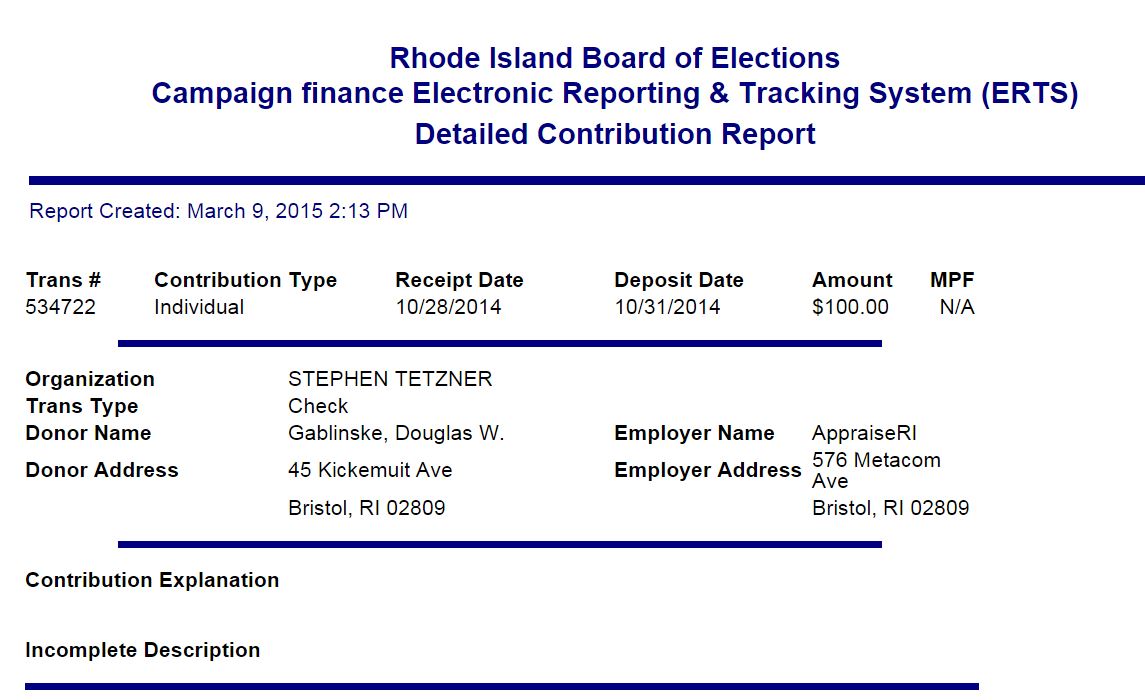
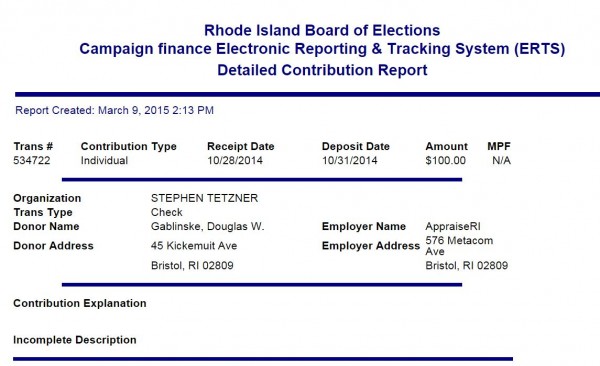
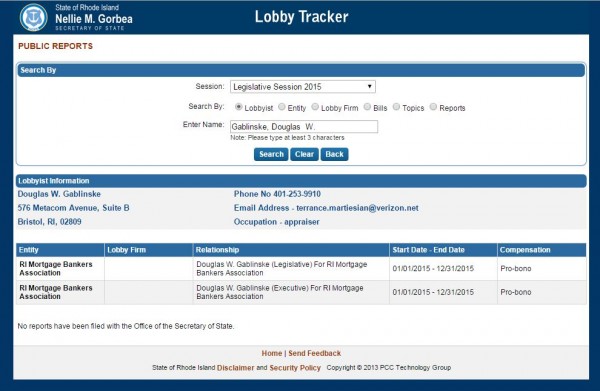
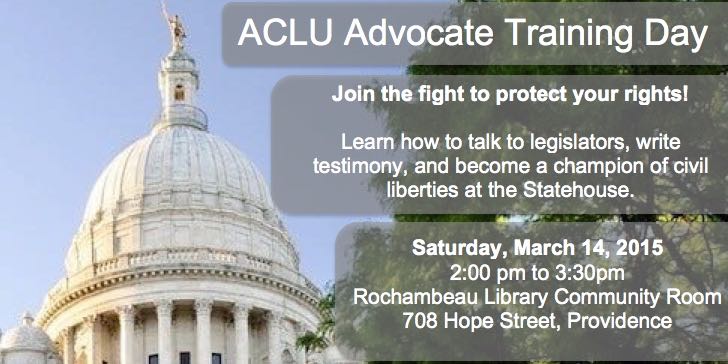




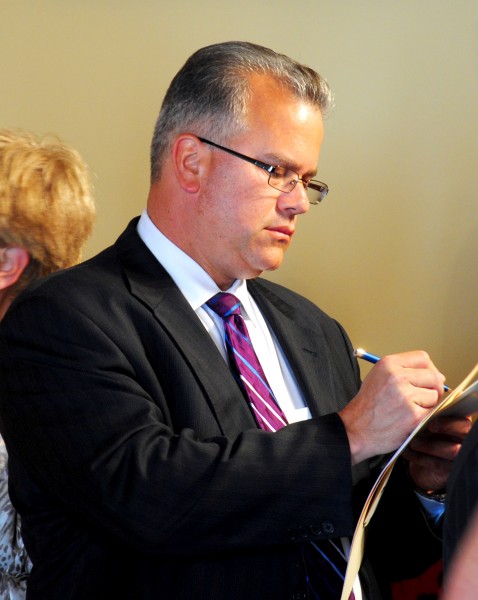 It’s not often you hear a high ranking Democrat from a solidly blue state say, “
It’s not often you hear a high ranking Democrat from a solidly blue state say, “
 In 2014, there were at least 216 known deaths from accidental opiates overdose. Rhode Island is in the midst of an epidemic that has been somewhat mitigated by the availability of Narcan, an emergency medication that can keep someone overdosing on opiates alive long enough for them to get to a hospital. Those who have overdosed range in age from 15 to 65 and deaths have occurred in 30 different cities or towns in the state.
In 2014, there were at least 216 known deaths from accidental opiates overdose. Rhode Island is in the midst of an epidemic that has been somewhat mitigated by the availability of Narcan, an emergency medication that can keep someone overdosing on opiates alive long enough for them to get to a hospital. Those who have overdosed range in age from 15 to 65 and deaths have occurred in 30 different cities or towns in the state.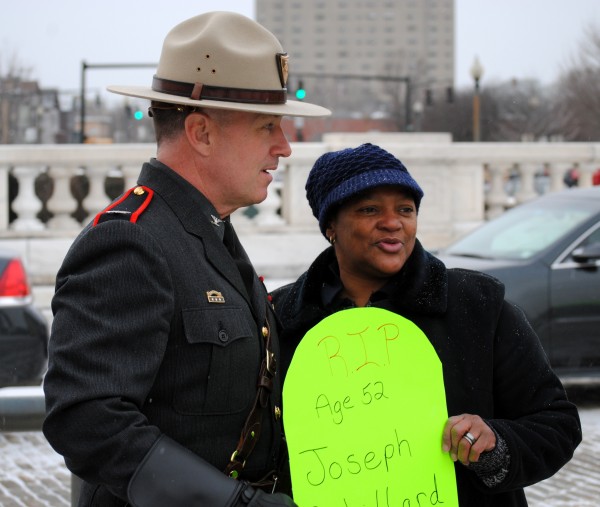
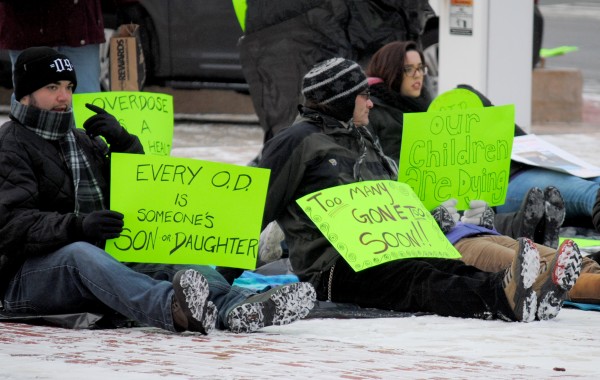
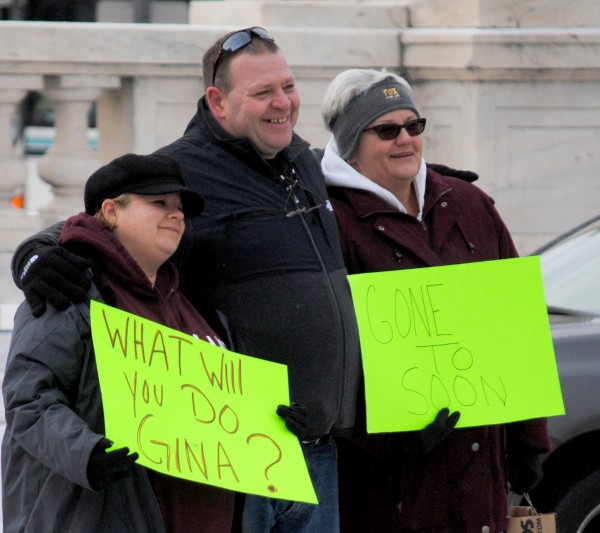
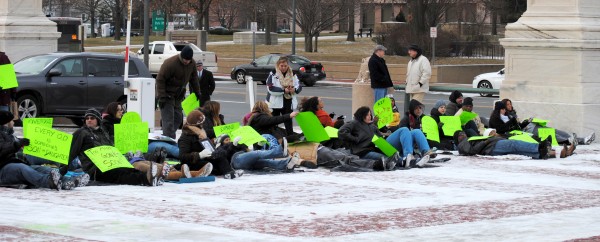
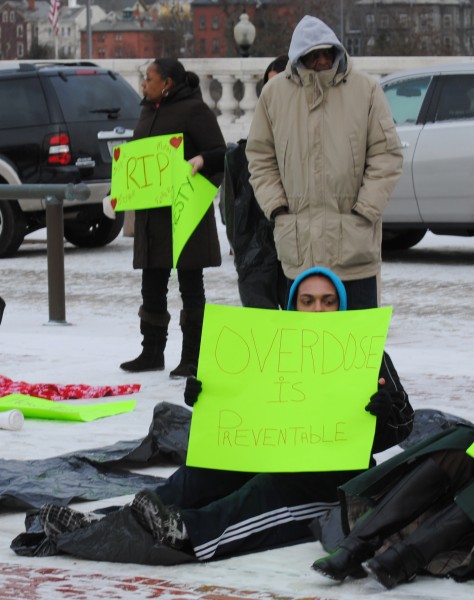
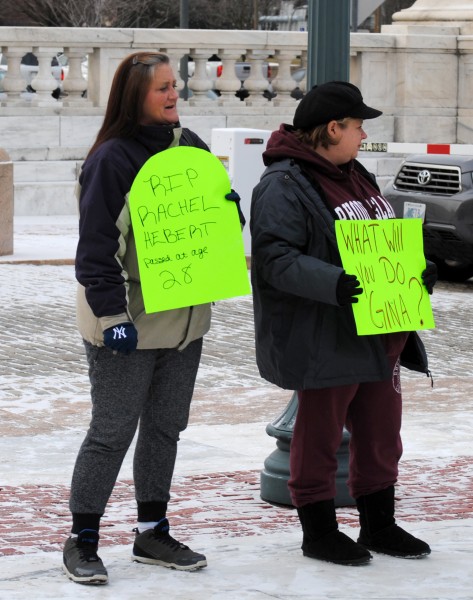
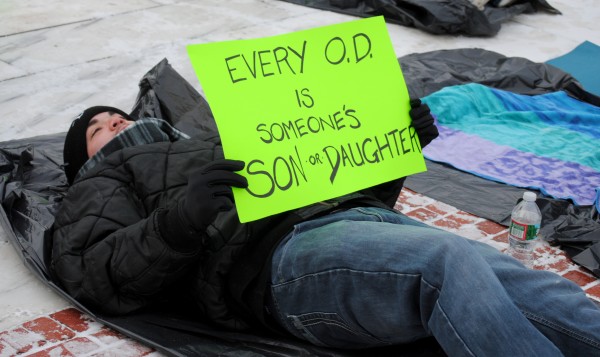
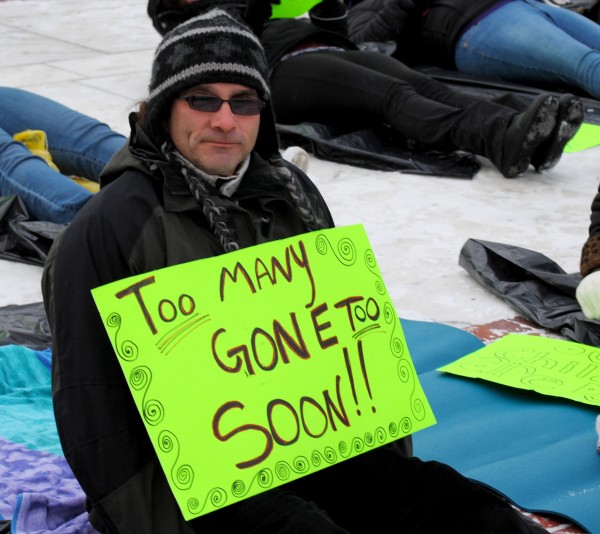
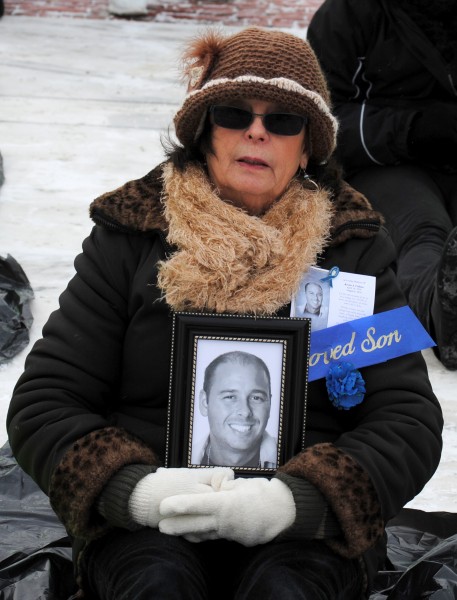
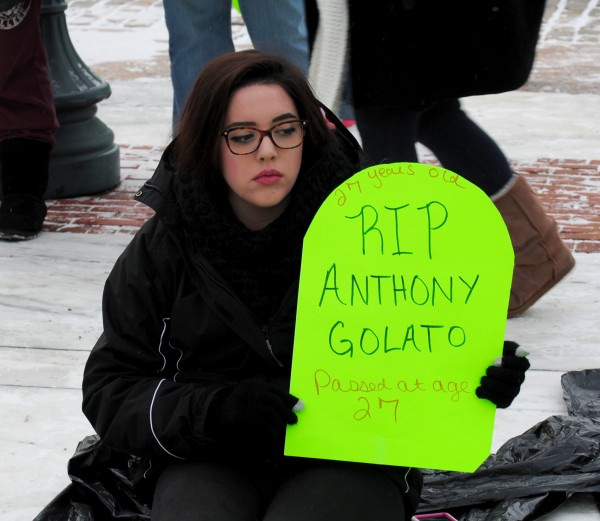
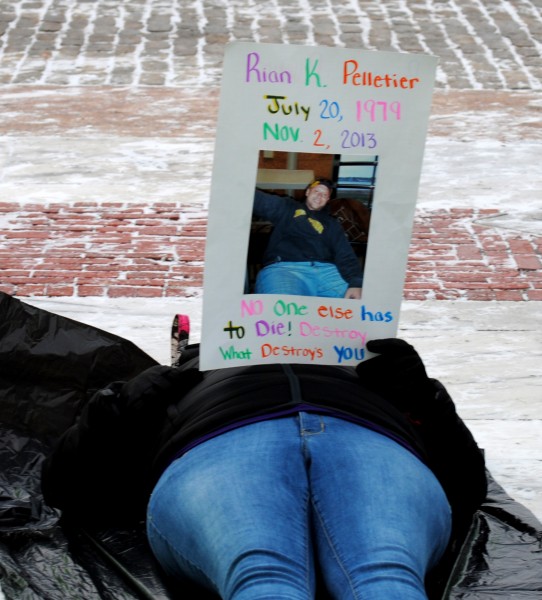

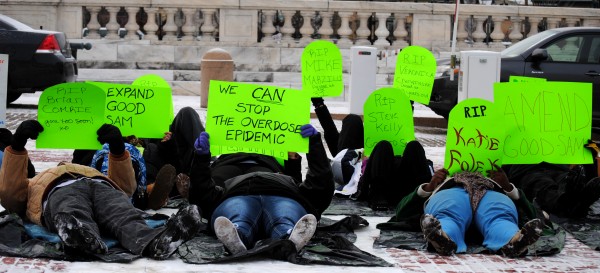

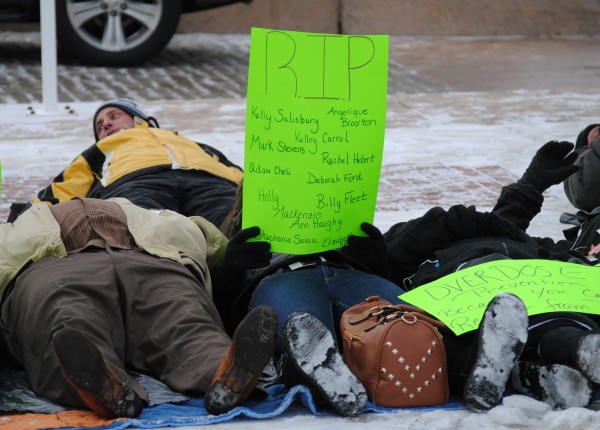
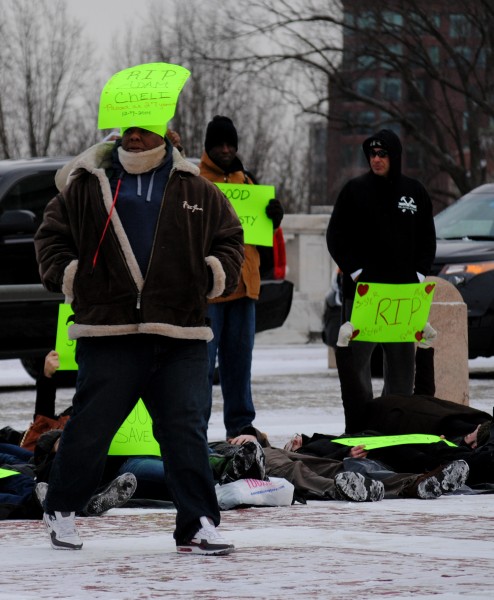
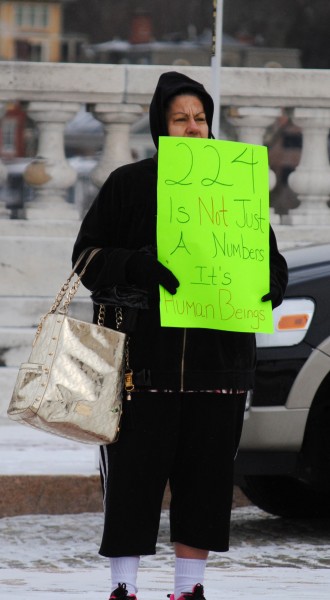
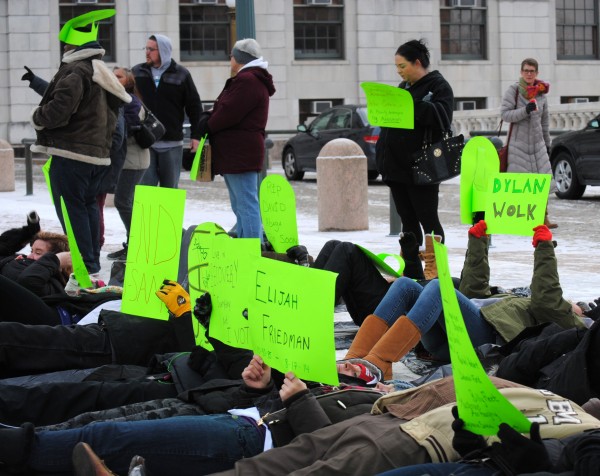

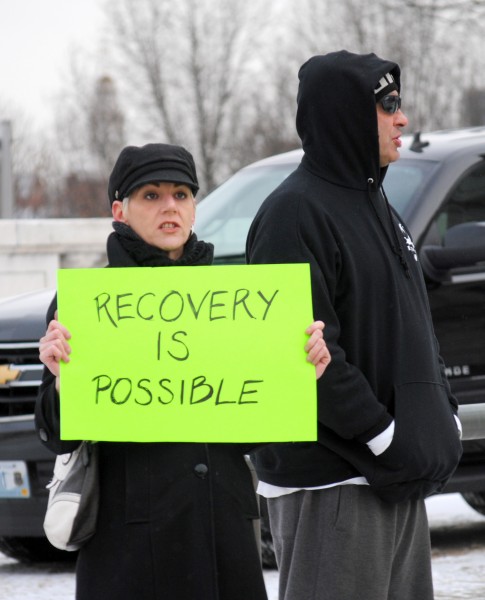
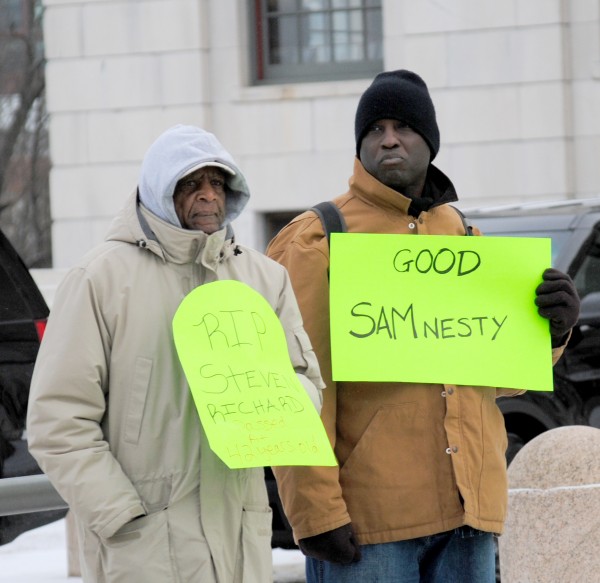
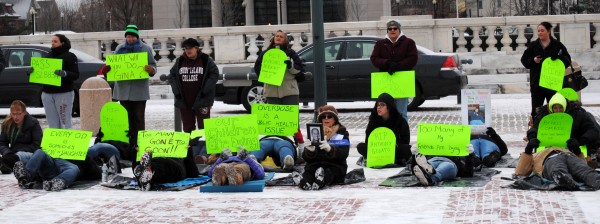


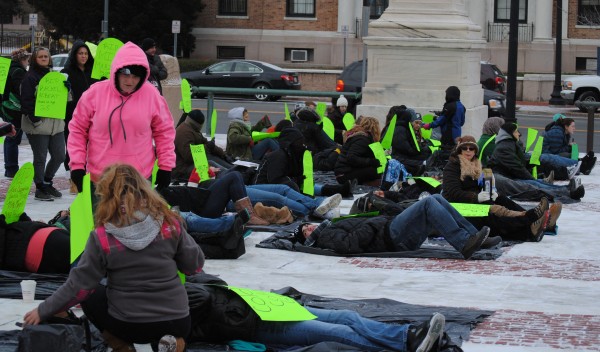
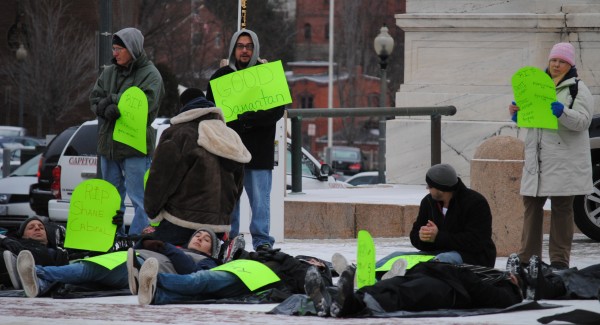

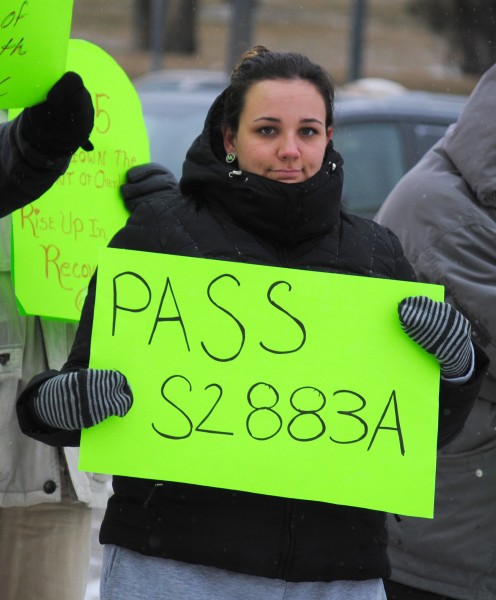
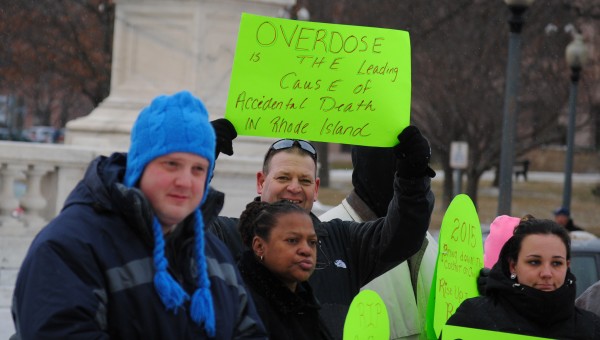
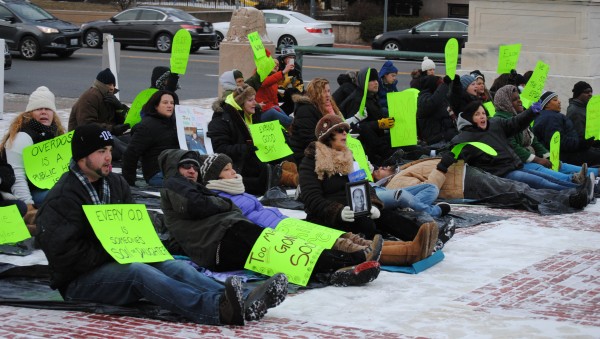
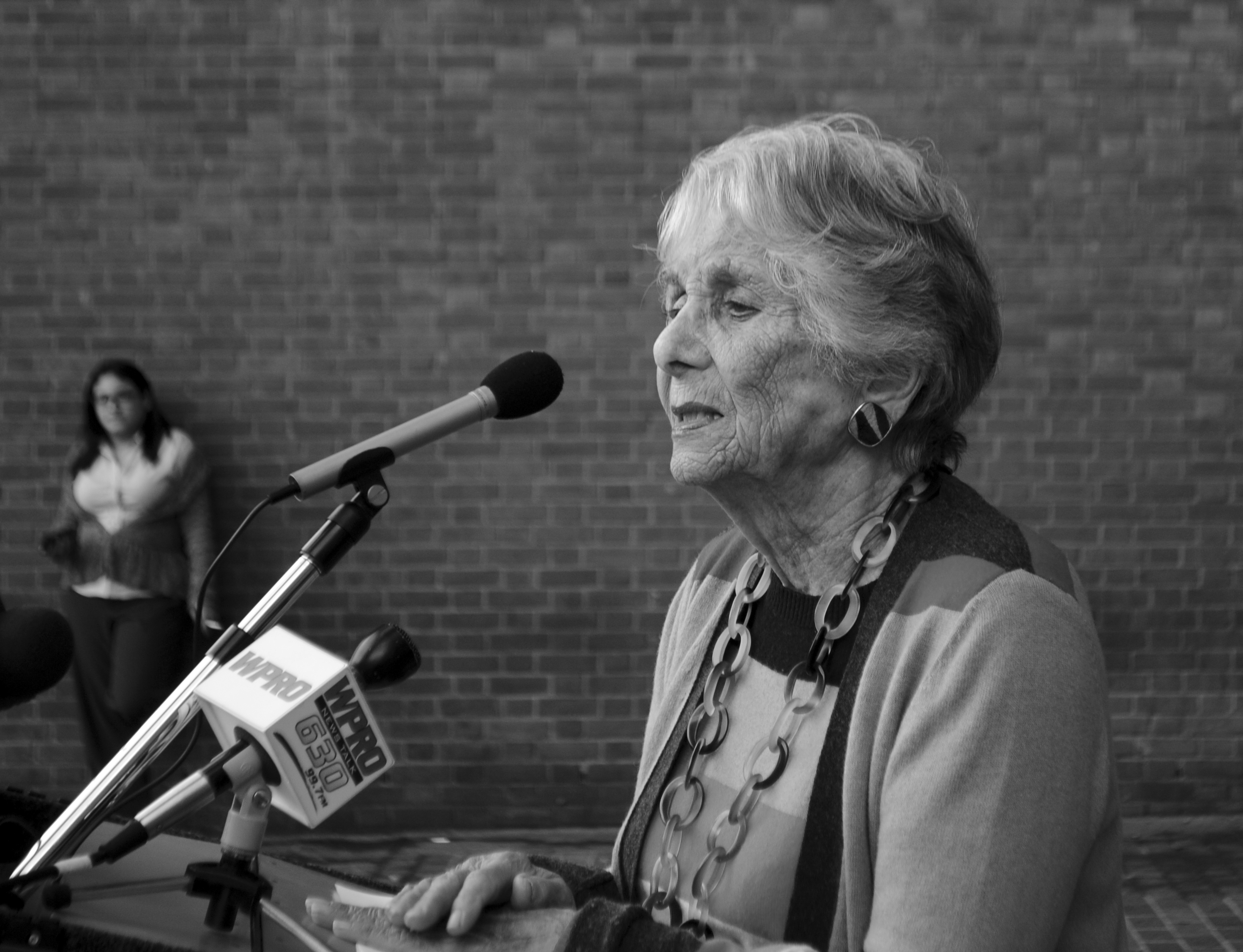
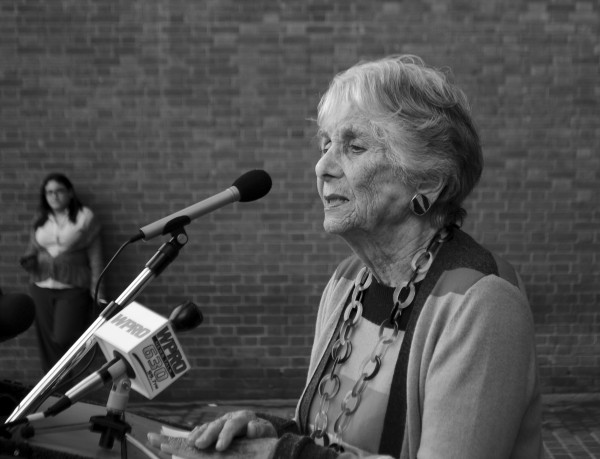 Lila Sapinsley, former delegate to the 1986 Constitutional Convention and former Senate Republican Minority Leader, said:
Lila Sapinsley, former delegate to the 1986 Constitutional Convention and former Senate Republican Minority Leader, said: East Providence resident Roberto Gonzalez, also a former delegate, stated:
East Providence resident Roberto Gonzalez, also a former delegate, stated: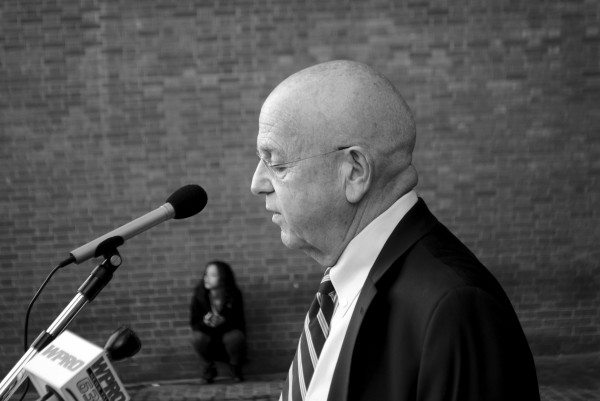 Tom Izzo, another former delegate, said:
Tom Izzo, another former delegate, said: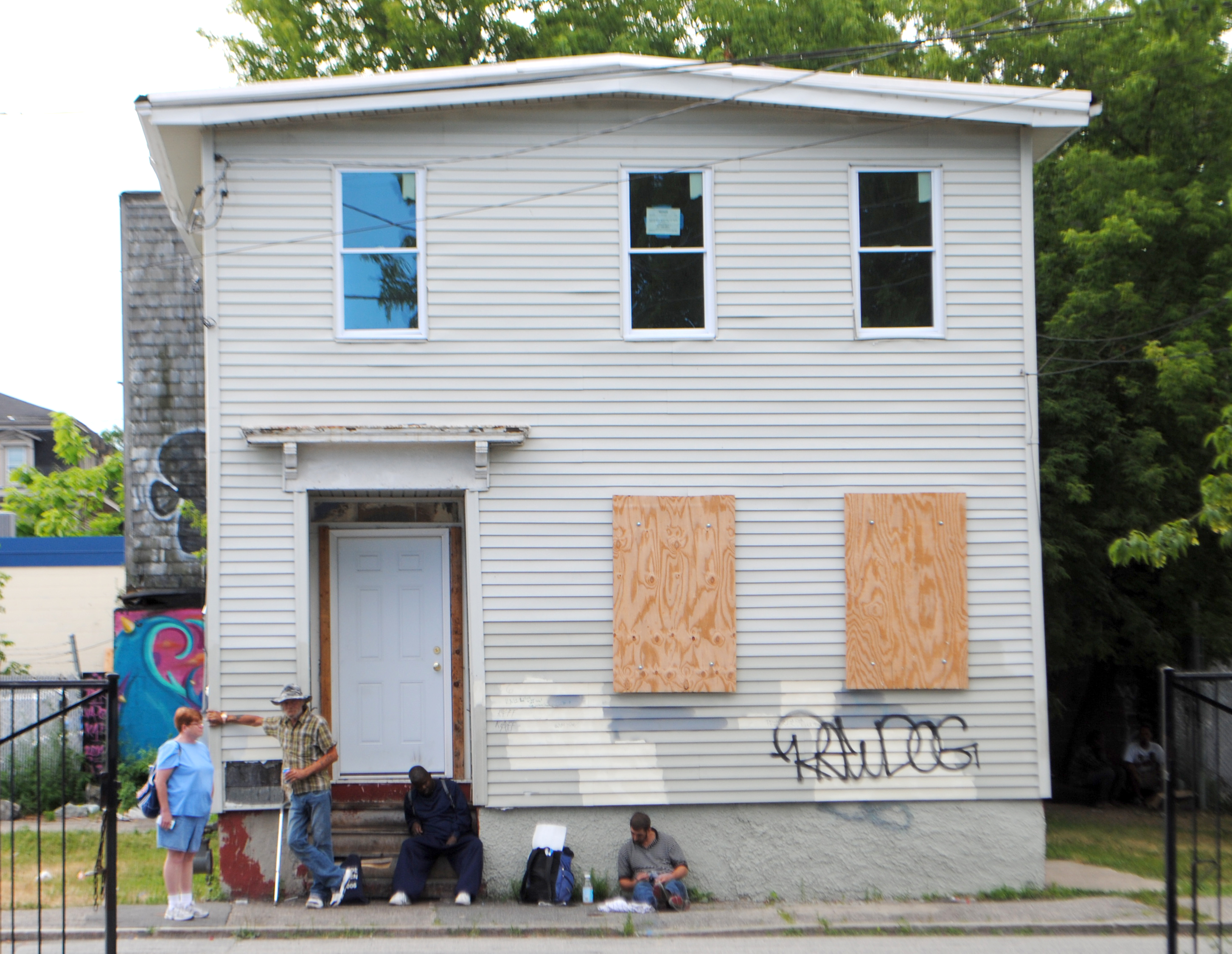
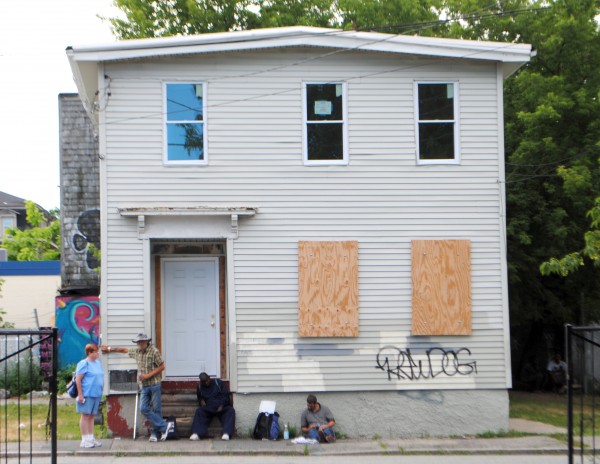
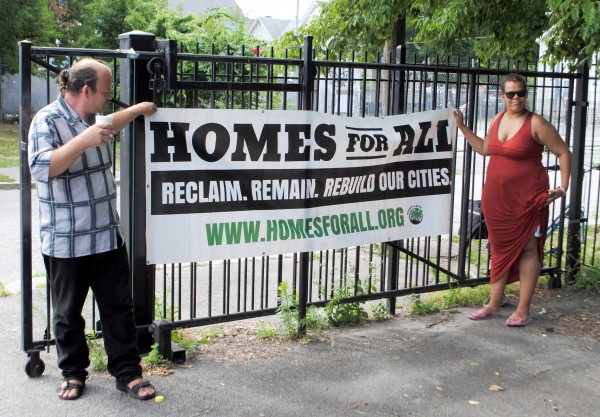
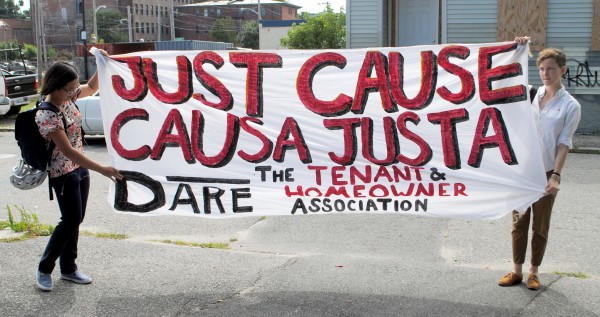
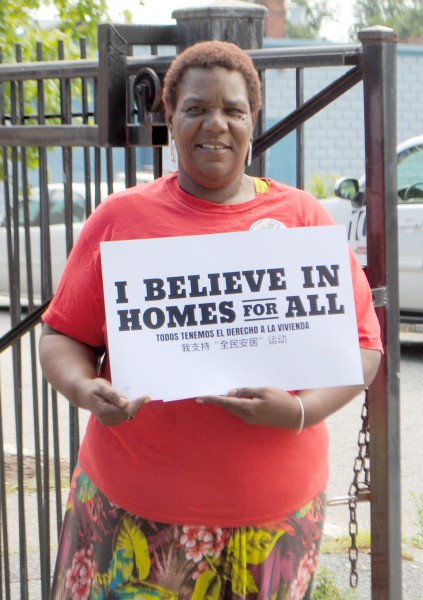
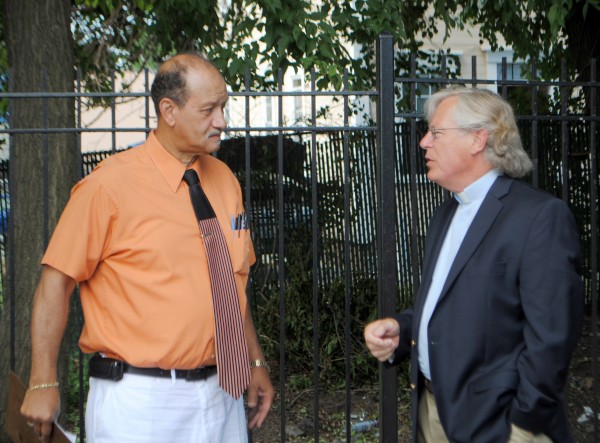


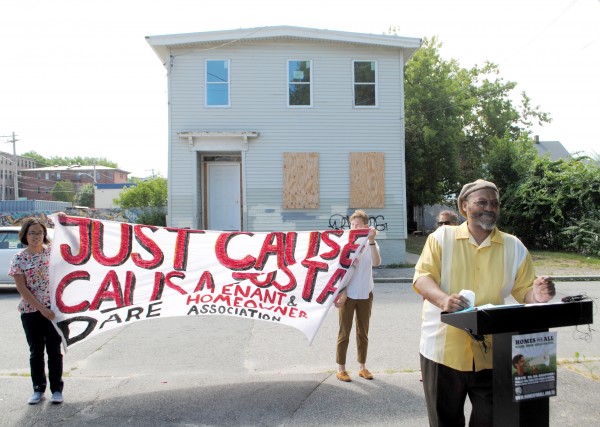
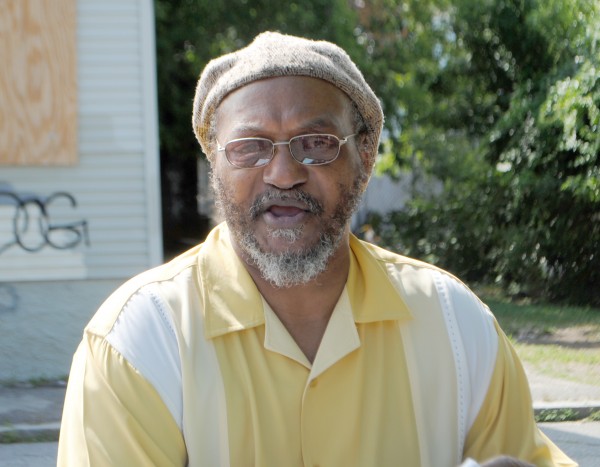
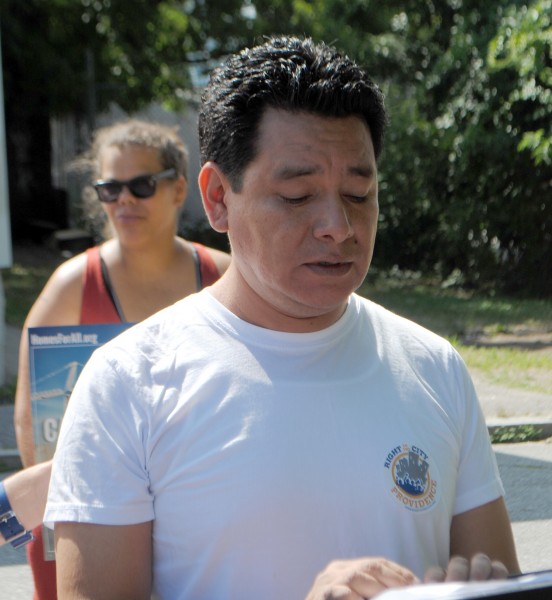
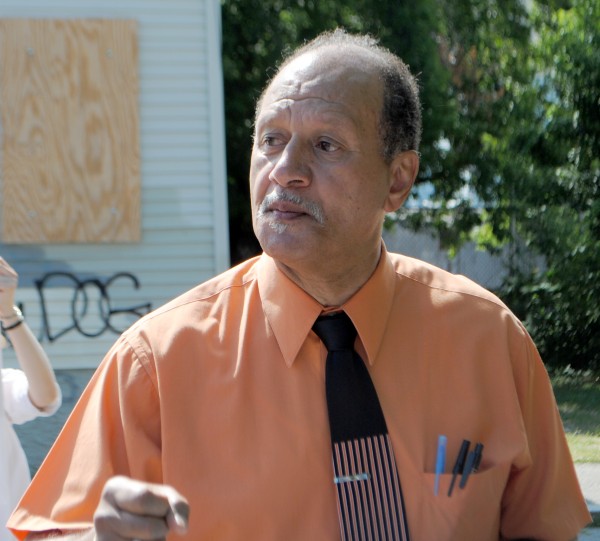
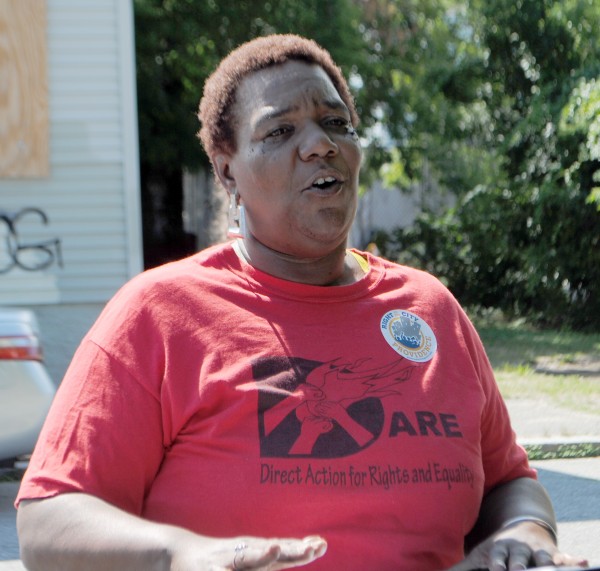
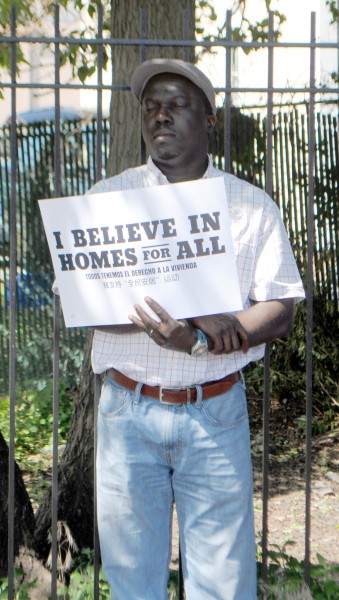
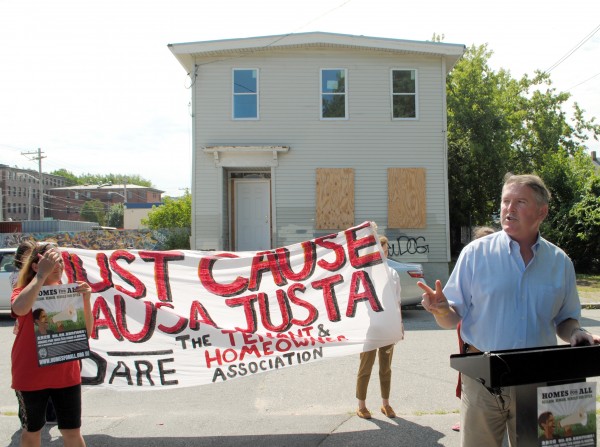
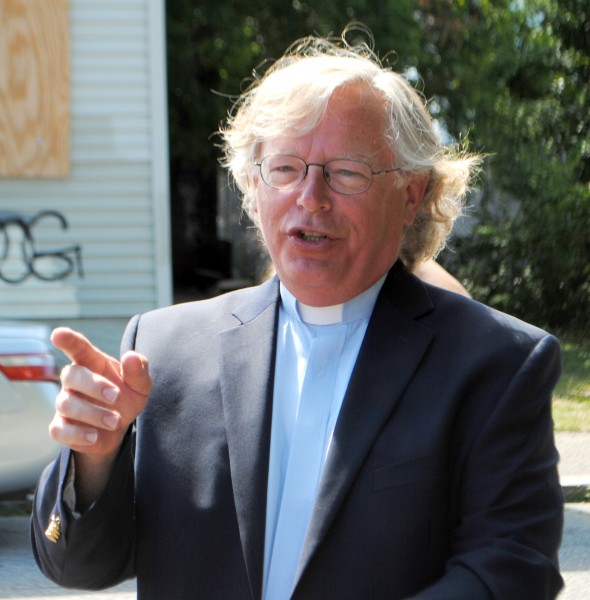
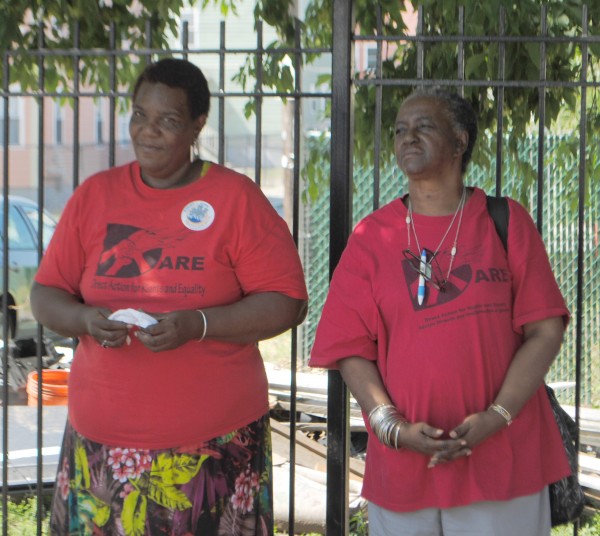
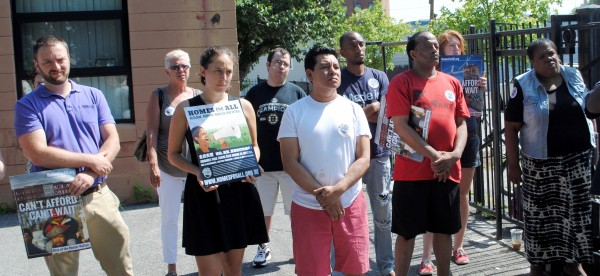
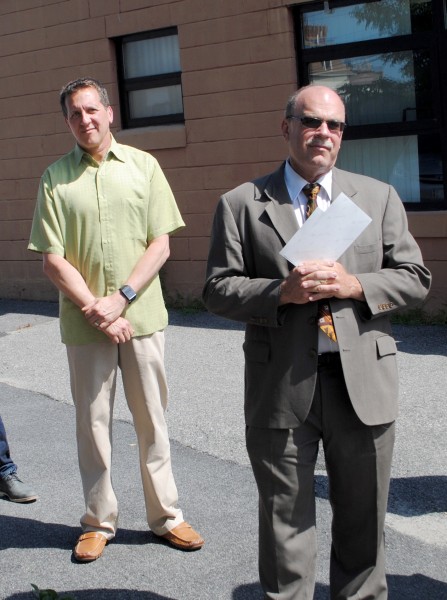
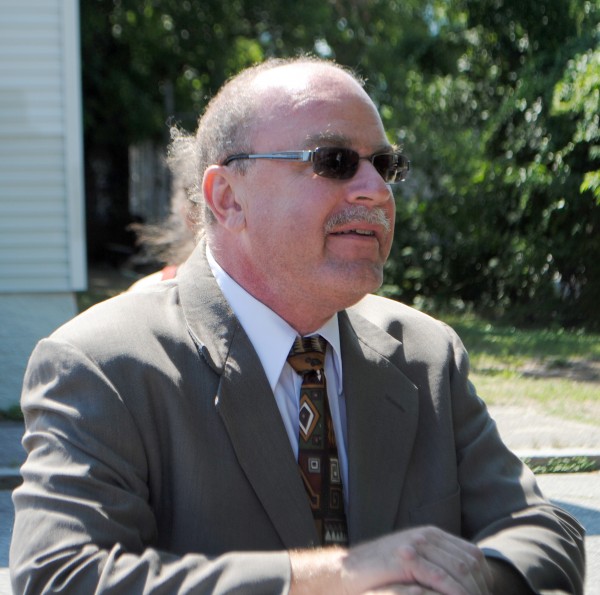
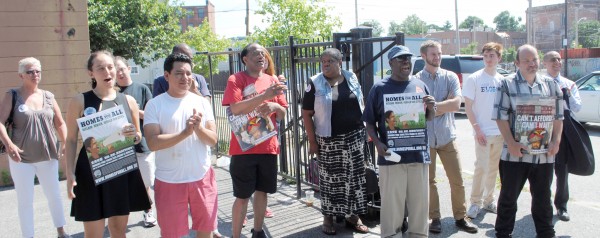
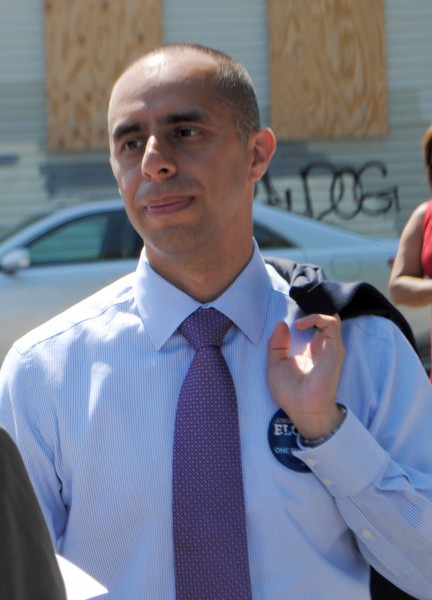



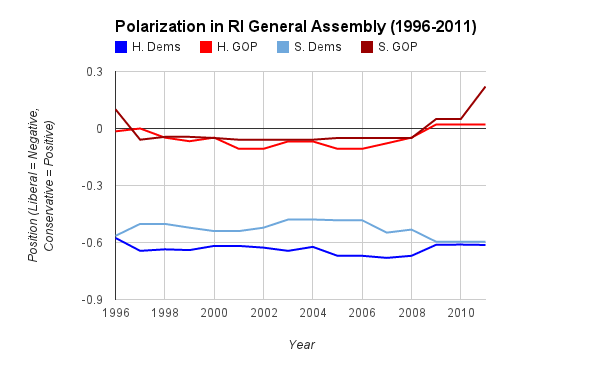





 Today at 9:15am, at at least 15 churches throughout Rhode Island, as well as states scattered across America, church bells were rung in remembrance of the 20 children and 6 adults who senselessly lost their lives to gun violence at the Sandy Hook Elementary School in Newtown CT one year ago. Though at the time it was believed by many that here was finally an event the state and federal legislatures could not ignore and that finally some meaningful legislation might be passed to start curbing excessive gun violence in the United States, to date no meaningful legislation has been passed.
Today at 9:15am, at at least 15 churches throughout Rhode Island, as well as states scattered across America, church bells were rung in remembrance of the 20 children and 6 adults who senselessly lost their lives to gun violence at the Sandy Hook Elementary School in Newtown CT one year ago. Though at the time it was believed by many that here was finally an event the state and federal legislatures could not ignore and that finally some meaningful legislation might be passed to start curbing excessive gun violence in the United States, to date no meaningful legislation has been passed.